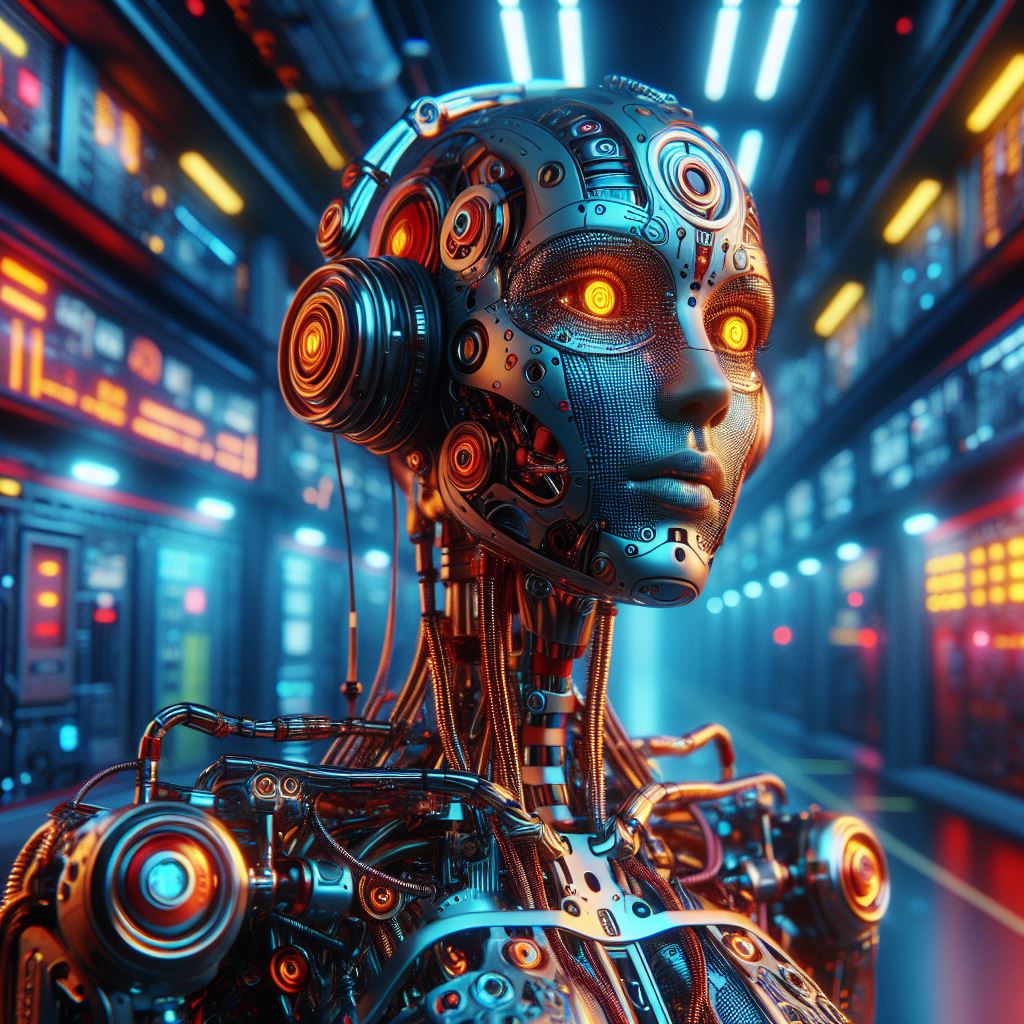Machine learning (ML) is transforming the healthcare industry in ways that were once thought impossible. With the ability to analyze vast amounts of medical data, ML is unlocking new possibilities in diagnostics, treatment plans, drug discovery, and patient care. These advancements not only enhance the efficiency of healthcare systems but also improve patient outcomes.
One of the most significant ways machine learning is revolutionizing healthcare is through its impact on diagnostics. Traditionally, diagnosing conditions such as cancer or heart disease relied heavily on human interpretation of tests and scans. However, ML algorithms can now analyze medical images, such as X-rays, MRIs, and CT scans, with remarkable accuracy. By training on large datasets of medical images, these algorithms can identify patterns that might be missed by human doctors. For example, deep learning models have been used to detect early stages of diseases like breast cancer and diabetic retinopathy, improving the chances of successful treatment.
Furthermore, ML plays a critical role in personalized medicine. By analyzing genetic data and patient histories, machine learning models can recommend individualized treatment plans. These models consider factors like a patient’s unique genetic makeup, lifestyle, and medical history to predict the most effective therapies. As a result, patients receive more tailored care that minimizes risks and maximizes the potential for successful outcomes. This level of precision is a major leap forward compared to the traditional one-size-fits-all approach in medicine.
In addition to diagnostics and personalized medicine, machine learning is also transforming the field of drug discovery. Developing new drugs is a time-consuming and expensive process, often taking years or even decades. ML algorithms, however, are speeding up this process by predicting how different compounds will interact with the body. These models analyze large datasets of chemical and biological information to identify promising drug candidates more quickly. ML is also being used to repurpose existing drugs for new medical conditions, which can significantly shorten the time to market for treatments.
Machine learning is also improving patient care and administrative processes in healthcare settings. From scheduling appointments to managing patient records, machine learning algorithms can optimize workflows, reducing human error and improving efficiency. ML-powered chatbots and virtual assistants are now able to answer patient inquiries, book appointments, and provide basic medical advice, freeing up healthcare professionals to focus on more critical tasks. Additionally, ML systems can predict patient deterioration, alerting medical staff about potential emergencies before they happen, which can save lives.
Despite these advancements, the integration of machine learning in healthcare faces challenges. Issues related to data privacy, ethical concerns, and the need for regulatory oversight must be addressed to ensure these technologies are used responsibly and effectively. However, as more research is conducted and technologies evolve, machine learning’s potential to revolutionize healthcare will only continue to grow.
In conclusion, machine learning is not just enhancing healthcare but revolutionizing it. By improving diagnostics, personalizing treatment plans, accelerating drug discovery, and optimizing healthcare systems, ML is transforming the entire healthcare landscape. As the technology continues to develop, it holds the promise of even greater breakthroughs that will make healthcare more efficient, accessible, and effective for everyone.
